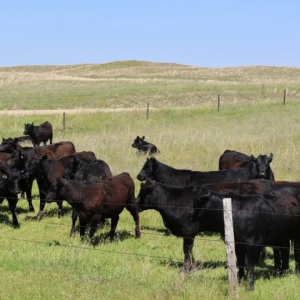Outcome in 38 dogs surgically treated for hepatic abscessation
The aim of this study was to report outcomes following surgical treatment of hepatic abscessation in dogs.
Records from six institutions were evaluated for dogs undergoing surgical treatment for hepatic abscessation between 2010 and 2020. Signalment, clinical signs, medical therapy, surgical treatment, and postoperative outcome was obtained from medical records. Long-term outcome was recorded when possible. Median survival time was assessed using the Kaplan-Meier product-limit method.
Thirty-eight dogs were enrolled in the study. Peritoneal effusion was documented in 32 of 38 dogs preoperatively, with septic peritonitis confirmed in 21 of 23 samples.
Liver lobectomy was the most common surgery in 27 dogs. A single organism was cultured in 24 of 35 dogs, most commonly Escherichia coli. Hepatic neoplasia was identified in 11 of 36 dogs. Dogs were hospitalized for a median of five days with complications including regurgitation, aspiration pneumonia and pancreatitis recorded in 21 dogs. Two dogs died intraoperatively, and six dogs died prior to discharge.
Median survival time for dogs surviving to discharge was 638 days. Of these, 19 were lost to follow up a median of 301 days postoperatively and 11 died a median of 291 days postoperatively. No abscess recurrence was noted.
Researchers concluded that septic peritonitis was a common sequela to hepatic abscessation. Perioperative complications were recorded in approximately one-third of dogs. In dogs surviving the postoperative period, long-term prognosis was good.
Clinical significance
Dogs treated surgically for hepatic abscessation have a high risk of perioperative complications but favorable long-term prognosis and apparent low risk of recurrence.
Vanna Dickerson, et al. “Outcome in 38 dogs surgically treated for hepatic abscessation.” Vet Surg. 2022 Nov 22. doi: 10.1111/vsu.13921.














List
Add
Please enter a comment